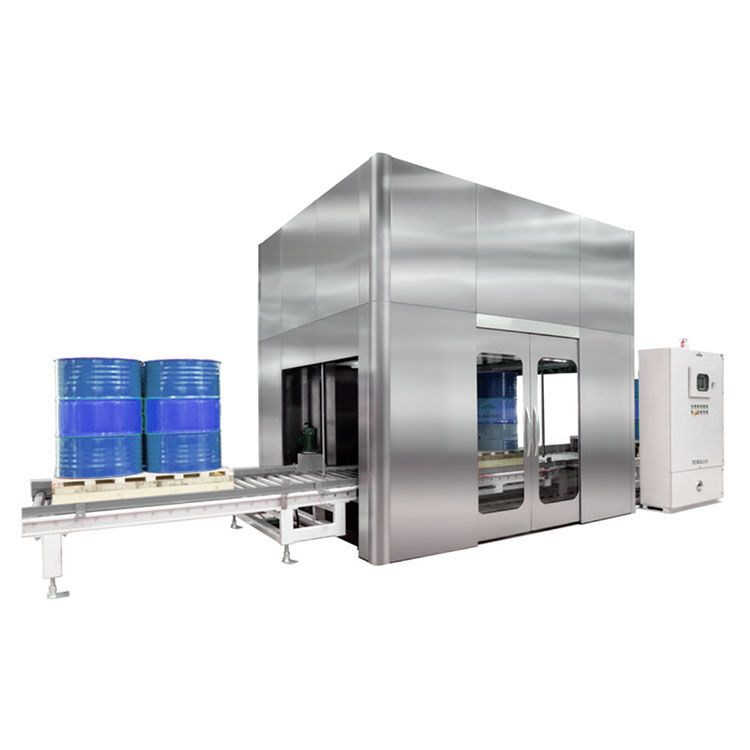Functions of A Resin Liquid Filling Machine
2024-04-26
A resin liquid filling machine is a specialized piece of equipment used in industries such as adhesives, coatings, and chemicals for accurately filling containers with resin-based liquids. These machines are designed to handle the unique characteristics of resinous materials, including their viscosity, curing properties, and potential for reactivity.
Here are some key features and functions of a resin liquid filling machine:
1. Viscosity Handling: Resin liquids often have higher viscosities compared to other liquids, which can pose challenges during the filling process. Resin liquid filling machines are equipped with filling mechanisms capable of handling a wide range of viscosities, such as piston fillers, gear pumps, or positive displacement fillers. These mechanisms ensure consistent and accurate filling even with highly viscous resins.
2. Precision Filling: Accurate dosing is crucial when working with resinous materials to avoid waste and ensure product consistency. Resin liquid filling machines are designed to provide precise control over the filling volume, typically incorporating programmable controls and sensors to monitor and adjust the filling process as needed.
3. Material Compatibility: Resin liquid filling machines are constructed from materials compatible with the specific resin being filled to prevent contamination and ensure product purity. Common materials include stainless steel, polyethylene, polypropylene, and other chemically resistant plastics.
4. Handling of Reactive Resins: Some resins undergo chemical reactions, such as curing or polymerization, when exposed to air or certain conditions. Resin liquid filling machines may include features to minimize exposure to air during filling, such as sealed filling chambers or inert gas flushing systems. Additionally, these machines may be designed for quick and easy cleaning to prevent residue buildup and minimize the risk of cross-contamination between batches.
5. Flexibility: Resin liquid filling machines often offer flexibility in terms of container sizes, shapes, and filling volumes to accommodate various packaging requirements. They may include adjustable filling heads, changeover parts, and programmable settings to switch between different products or formulations efficiently.
6. Safety: Handling resinous materials requires attention to safety considerations to protect operators and prevent accidents. Resin liquid filling machines may include safety features such as emergency stop buttons, guarding, and interlock systems to ensure safe operation.
7. Quality Control: Quality control is essential to ensure that filled containers meet specifications for volume, accuracy, and product quality. Resin liquid filling machines may incorporate features such as checkweighers, vision inspection systems, and reject mechanisms to detect and reject containers with incorrect fill levels or other defects.
Overall, resin liquid filling machines play a crucial role in the efficient and reliable production of resin-based products, providing accurate dosing, material compatibility, and safety features tailored to the unique characteristics of resinous materials.



